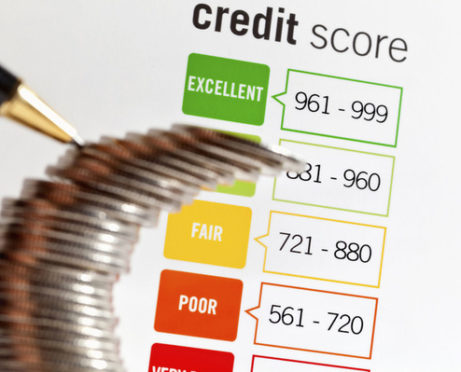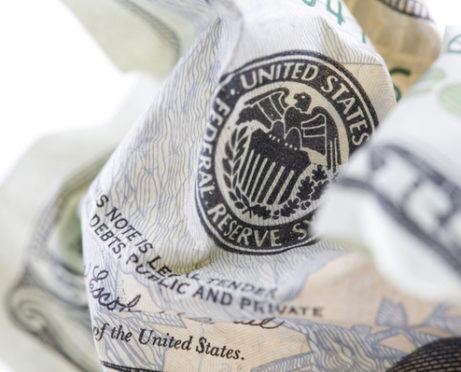
In the last few decades, “budgeting” has slowly grown from a good idea into a massive industry. Everywhere you look, you’re inundated with advice, ads, and push mail enticing you with the ultimate budgeting solutions. Much of this “literature” on the B-word is not only impractical, but not a solution to your financial problems at all. In my opinion, the best thing you can do to be more financially savvy is to strike the word “budget” from your vocabulary altogether.
In my experience, budgeting strategies – and the industry behind them – are almost identical to dieting strategies. Both are often splashed across your computer screen in a colorful, bubbly font. Both use a vocabulary drenched in extremism: lose that fat forever! Eliminate all of your debt!
Both offer short-term solutions shrouded in clickbait-esque terms: lose 10 pounds by May! Eliminate all financial worry with three simple steps!
And both options exist within bracketed implications that these steps are temporary measures to achieve a permanent result.
Start Managing Your Finances — Download This Personal Finance App >>
Tactics for Extreme Budgeting
You can’t get a permanent “bikini body” by cutting out carbs for just one month. Similarly, you can’t achieve financial equilibrium by deploying a budgeting strategy for just 10 days.
Sure, these tactics can often be great ways to kick-start a change in your life, but the more you view budgeting as an ephemeral strategy, the more likely you’re going to end up digging yourself right back into the same hole six months later.
Instead of thinking about different ways to “budget” in the short term, think about the small changes you could make in your life that you would be able to sustain indefinitely.
For example, an extreme budgeting strategy might tell you to cut off all restaurant activity for five months. If you’re a foodie, this would be the most miserable five months of your life, and you’d probably want to go on an eating spree as soon as this time was over.
Instead, you could try to see if you can handle only eating out once a week, rather than cutting it out entirely. This is a lifestyle adjustment, not a short-term budgeting tactic.
Get Food, Drinks, and Groceries — Anytime, Anywhere >>
Personal Finance and Budgeting
The hardest part about finances are the psychological aspects. And you will not necessarily find this in a personal finance book, although they are interlinked.
In my experience, it’s much less stressful to think of small ways that I can adjust my diet or my budget that will make huge differences over a longer period of time.
When I do this instead of entirely depriving myself, I end up slowly conditioning myself to not even miss whatever I’m cutting out.
For example, I no longer purchase anything but plain coffee. I knew I was spending too much money on coffee, but I didn’t want to give it up entirely. So I worked at cutting out the expensive drinks like lattes and cappuccinos.
Yes, I’m still spending money that I don’t have to spend, but I’m saving a few hundred dollars every few months just by making my order two dollars cheaper each time. What’s more, I don’t feel upset or stressed out by my choice because I’m still giving myself a psychological boost.
Budgeting is not a long-term solution for anyone’s financial woes. There are plenty of fantastic short-term budgeting strategies that can help you dig yourself out of a big rut, but if they’re too extreme, you run the risk of going back to your old ways once the time is up.
Take the time to go through your finances and figure out small ways that you could make budget changes before you embark on any overly ambitious strategy that may temporarily help your wallet, but kill your vibes indefinitely.
This App Makes Managing Your Finances Easy — Start Budgeting Today >>











